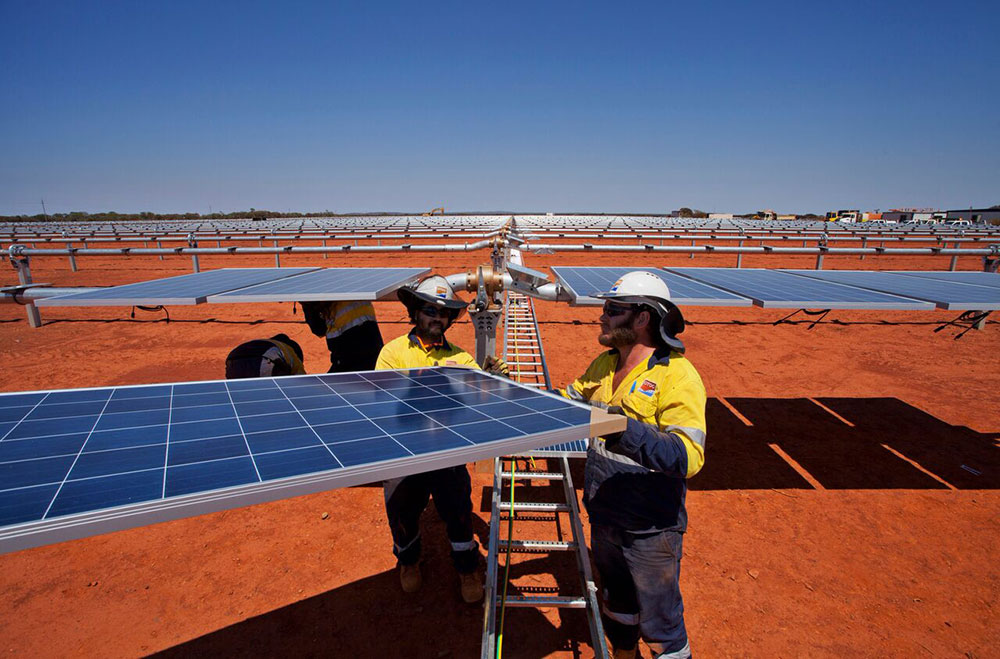Western Australia has moved to reduce approval timeframes for major renewable energy generation and manufacturing projects with a new Environmental Protection Act (EPA) exemption order allowing Crown land to be leased to developers while the projects are being assessed.
Through the exemption order, the state’s Lands Minister will be able to grant an option to lease Crown land to renewable energy proponents while their proposal is being evaluated by the EPA.
Western Australian Environment Minister Reece Whitby said the new approvals process is part of the state government’s commitment to developing creative, collaborative approaches to support the transition of WA’s energy system from fossil fuels to renewables.
“We have listened to the feedback from proponents and investors and found an innovative approach to ensure these renewable energy projects are able to progress in a timely manner,” he said, noting that the exemption order will not impact the current environmental assessment processes under the Act.
“We are not making any changes to the due diligence or responsibilities of the EPA – or the Minister for Lands through this reform – these changes will simply reduce government approvals timeframes for projects that can meet their environmental requirements, while preserving the due diligence and responsibilities required by the EPA.”
Lands Minister John Carey said providing renewable energy developers with early access to Crown land will help draw new investment to the state and facilitate more clean energy production.
“This new streamlined process means government can provide renewable energy proponents greater confidence to invest here, further highlighting WA’s leading role in a decarbonised future,” he said.
The new streamlined approvals pathway is part of the WA government’s $22.5 million Green Energy Approvals Initiative. Launched in July, the initiative is aimed at driving investment in wind and solar projects, green hydrogen, lithium mining, critical minerals processing as well as manufacturing of renewable energy products such as batteries, electrolysers, solar panels and wind turbines.
The WA government has committed to reducing public sector emissions by 80% by 2030 compared to 2020 levels, and to achieve net zero emissions by 2050. The state has announced it will exit coal-fired power by the end of the decade with state-owned power provider Synergy to close its two remaining coal plants by 2029.
This content is protected by copyright and may not be reused. If you want to cooperate with us and would like to reuse some of our content, please contact: editors@pv-magazine.com.









By submitting this form you agree to pv magazine using your data for the purposes of publishing your comment.
Your personal data will only be disclosed or otherwise transmitted to third parties for the purposes of spam filtering or if this is necessary for technical maintenance of the website. Any other transfer to third parties will not take place unless this is justified on the basis of applicable data protection regulations or if pv magazine is legally obliged to do so.
You may revoke this consent at any time with effect for the future, in which case your personal data will be deleted immediately. Otherwise, your data will be deleted if pv magazine has processed your request or the purpose of data storage is fulfilled.
Further information on data privacy can be found in our Data Protection Policy.